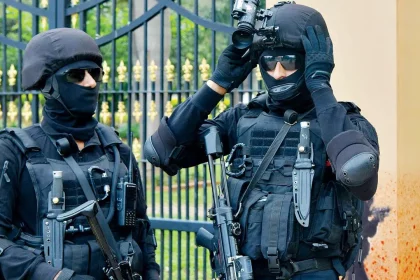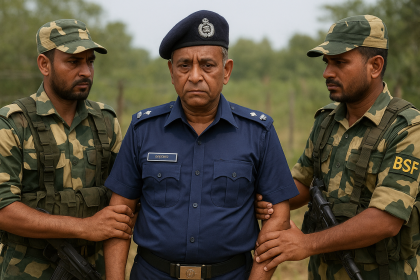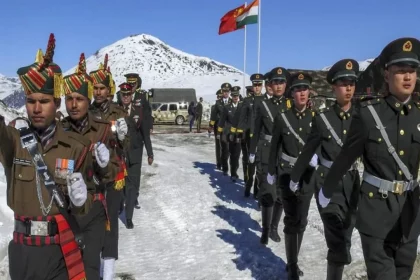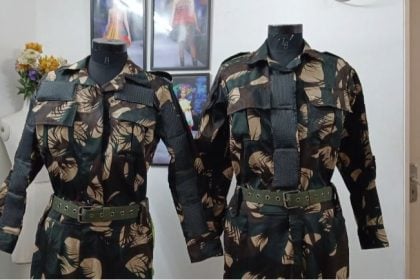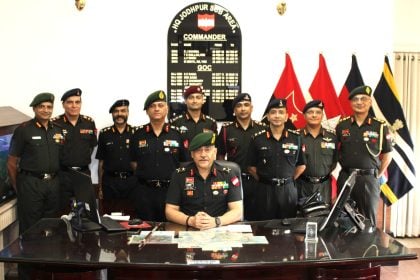How to Join MARCOS Commando Force – Eligibility & Selection EXPLAINED
To join the ranks of one of the most elite special forces units in the Indian Navy, becoming a Marine…
BSF Apprehends Senior Bangladeshi Police Officer for Illegal Infiltration into India
Rare arrest raises concerns over cross-border security dynamics.
Indian Army Officials Stress ‘High Alert’ Along LAC Amid Thaw With China
Despite talks, PLA’s rapid mobilisation capability keeps Indian forces cautious.
Vadodara Student Designs Solar-Powered Uniform for Soldiers
: Innovative uniform enables device charging and seamless connectivity for troops in the field.
Major General Anuraag Chhibber Assumes Command of Jodhpur Sub Area
Major General Anuraag Chhibber, SM, VSM, has taken over as the new General Officer Commanding (GOC) of the Jodhpur Sub…
IAF Flying Officer Salary Breakdown – Perks That Will Stun You!
The Indian Air Force (IAF) stands as a symbol of national pride and strategic capability, playing a pivotal role in…

